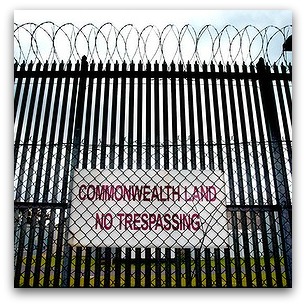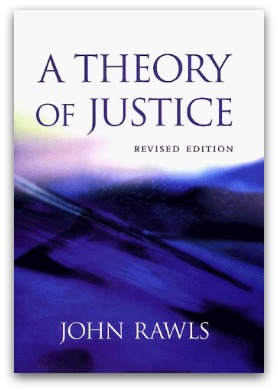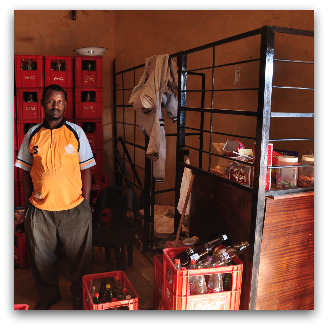Keywords: Director Of Jrs
-

RELIGION
- Frank Brennan
- 26 April 2012
4 Comments
'This Jesuit network will not succeed where Copenhagen failed, but it is an incremental contribution to one of the great moral challenges of our age [climate change].' Text from Frank Brennan's paper 'An interpretation and a raincheck on GC 35's call to develop international and interprovincial collaboration', Boston College, 28 April 2012.
READ MORE
-

AUSTRALIA
- Michael Mullins
- 05 September 2011
8 Comments
Before Tampa, refugees were regarded as a positive for Australia's economy and lifestyle. After Tampa they were a threat to our sovereignty that was somehow grafted on to the sense of public malaise prompted by the 9/11 attacks on the sovereignty of the United States.
READ MORE 
-

AUSTRALIA
- Andrew Hamilton
- 17 August 2011
29 Comments
Suppose that in France under Hitler's occupation, a bloodied man arrived at our doorstep asking for shelter from a Nazi mob. The claim made by the presence of the endangered and injured man would precede questions of fairness and relative need.
READ MORE 
-

AUSTRALIA
- David Palmer
- 16 August 2011
20 Comments
In this debate, moral passion is common, especially among those who cast themselves as refugee advocates. But moral passion should not be confused with moral superiority. Any claim to occupy the moral high ground in this complex area of public policy is at best brave and at worst self-serving.
READ MORE 
-

INTERNATIONAL
- David Holdcroft
- 05 November 2010
9 Comments
Zimbabweans have been coming to South Africa for reasons such as political violence, displacement due to land reform, and the collapse of the economy. After initially turning them back at the border, South Africa moved towards a pragmatic 'special dispensation' that was more compassionate, even if the future of the country's refugee rules now remains uncertain.
READ MORE 
-

INTERNATIONAL
- David Holdcroft
- 14 July 2010
1 Comment
Like many emerging societies, South Africa is a long way from being truly inclusive. The World Cup experience brought it much closer to that goal. Now it needs to ensure this progress is not undermined.
READ MORE 
-

INTERNATIONAL
- Jesuit Refugee Service
- 06 July 2010
Jesuit Refugee Service Australia says Labor's new policy
on asylum seekers should be focused on the protection of vulnerable
people rather than the elimination of people smugglers.
READ MORE
-

AUSTRALIA
- Michael Mullins
- 23 November 2009
5 Comments
A Wesley Mission survey
of 1200 adults found that being bullied as children caused 70 per cent
of them to suffer from low self-esteem and a lack of assertiveness
later in life. Federal Labor must explain what has become of its promise to appoint a
children's commissioner.
READ MORE 
-

ARTS AND CULTURE
- David Holdcroft
- 01 August 2008
3 Comments
Australia's story as a people building a nation despite hardship resonates with the experiences of asylum seekers surviving insurmountable odds to reach our shores. We deny this parallel to the cost of the entire community.
READ MORE 
-

CONTRIBUTORS
- David Holdcroft
- 18 October 2007
David Holdcroft SJ is director of the Jesuit Refugee Service.
READ MORE
-

AUSTRALIA
- David Holdcroft
- 17 October 2007
6 Comments
Is Australia's refugee resettlement program primarily intended to help asylum seekers, or assist Australia's economy and nation-building? We need to ask on which set of values we want to base our society.
READ MORE 
-

INTERNATIONAL
- Bryan Pipins
- 23 December 2006
An Australian aid worker escapes the Sharia prohibition of pork and wine when he moves from Darfur to Northern Uganda. But his arrival coincides with the outbreak of swine fever and the drying up of the bacon supply.
READ MORE 